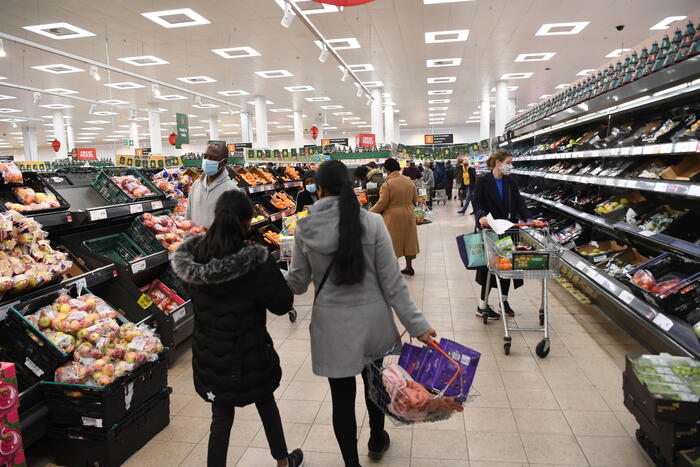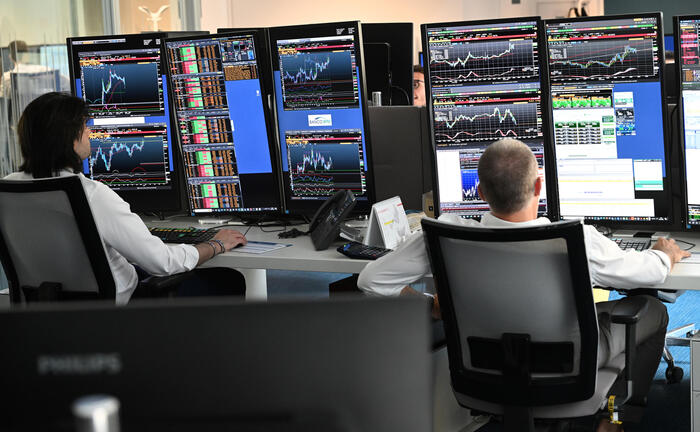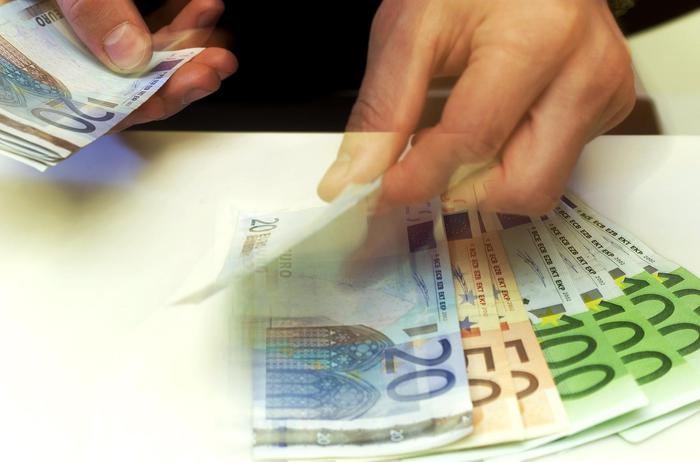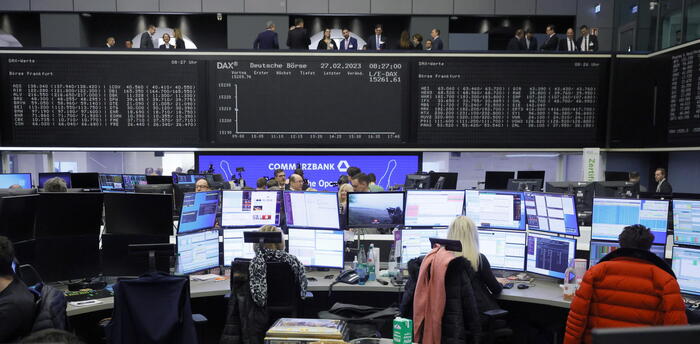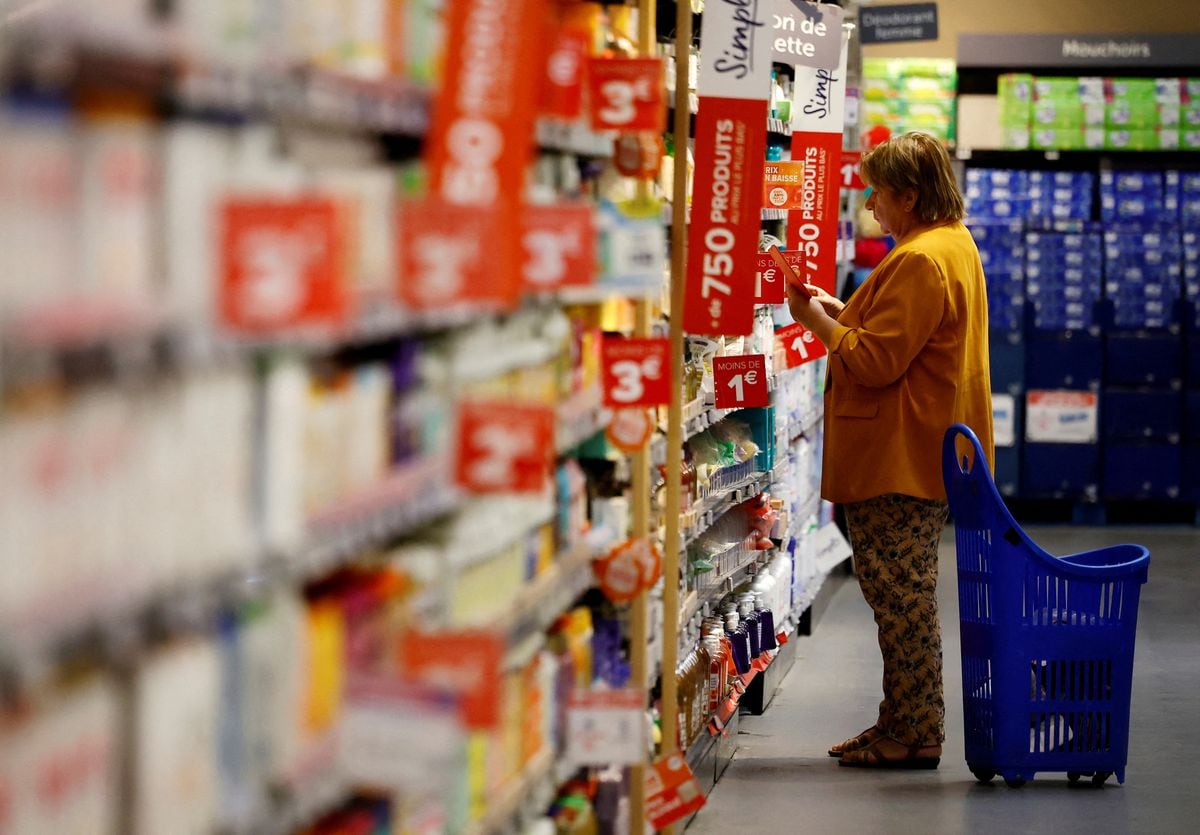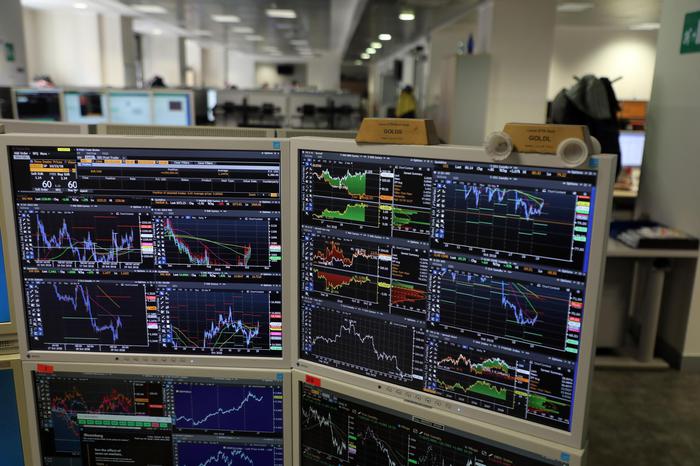The euro area annual inflation rate stood at 8.9% in July 2022, up from 8.6% in June.
A year earlier the rate was 2.2%.
European Union annual inflation was 9.8% in July 2022, up from 9.6% in June (last year it was 2.5%).
The data are published by
Eurostat
, the statistical office of the European Union.
The harmonized inflation of Italy
in July dropped slightly to
8.4%
(in June it was 8.5%).
This is the data reported today by Eurostat which confirms the harmonized value (Ibca) announced on 10 August by Istat.
The figure is below the average of the Eurozone (8.9%) and of the Eurozone (9.8%).
The lowest annualized rates were recorded in France, Malta (both 6.8%) and Finland (8.0%).
The highest rates were recorded in Estonia (23.2%), Latvia (21.3%) and Lithuania (20.9%).
Compared to June, inflation fell in six Member States, remained stable in three and increased in eighteen.
The ECB sees a worsening picture for growth in the euro area, and "I would not rule out the possibility that we are entering a technical recession".
But inflation worries more: "the concerns we had in July have not been alleviated".
This was stated by I
sabel Schnabel
, of the Executive Committee of the ECB, referring to the decision to raise rates by half a point in July and to the prospects for the meeting on 8 September.
"If you look at any of the underlying inflation measures, they are rising further and are at an all-time high," Schnabel said in an interview with Reuters posted on the ECB's website.
Schnabel explains that "even if we went into recession, inflationary pressures would be quite unlikely to subside on their own. What we are seeing is a supply shock that is slowing growth and increasing inflationary pressures at the same time," but " growth is probably not enough to weaken inflation, although it reduces price pressures through weaker demand. "
With an inflation rate that rose to 8.9% in July, according to the German exponent of the ECB directorate, not even a new increase of half a percentage point can be ruled out: "In July we decided on a rise of 50 basis points in light of the the inflation outlook. At the moment I don't think these outlooks have fundamentally changed. "
Finally, Schnabel entered into the merits of the reinvestments of the Pepp pandemic program, which in recent weeks have lowered the spread after being activated as a "first line of defense" from the risks of fragmentation in the euro area.
"The use of this tool, like any other, must be proportionate. This implies that it should only be activated to the extent necessary. At the start of the pandemic we saw that brief interventions may be enough to stabilize the markets."

